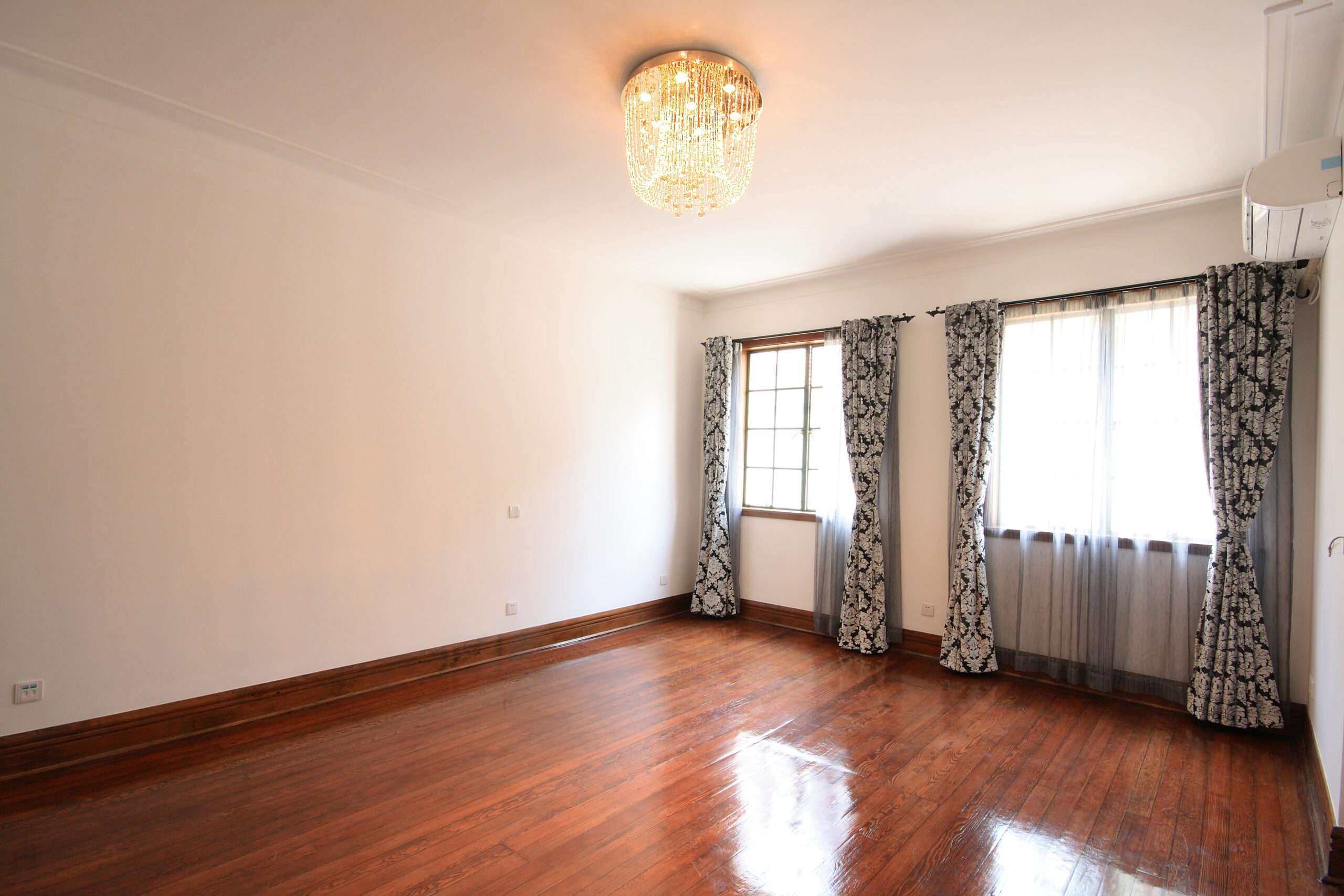Closing arguments started on Tuesday in the lengthy criminal trial of Donald J. Trump, the first president in American history to face prosecution. The case revolves around a hush-money deal with a porn star who claimed to have had a sexual encounter with him.
Mr. Trump is facing multiple legal challenges related to his business and political activities, with the trial in New York City being brought by the Manhattan district attorney’s office. This could be the only case against him to go to trial before the 2024 presidential election.
The trial, which began in April, is now in the hands of the jurors after weeks of sensational testimony about sex scandals and detailed corporate documents. Mr. Trump is facing 34 felony counts of falsifying business records in the first degree, all stemming from his involvement in a hush-money payment to Stormy Daniels.
The charges do not directly relate to the hush deal itself, but rather to Mr. Trump’s reimbursements to his former fixer, Michael D. Cohen, who paid $130,000 to Ms. Daniels to keep quiet just days before the 2016 election. Prosecutors allege that the reimbursements were intentionally mislabeled as “legal expenses” in business records to conceal the nature of the transaction.
If convicted, Mr. Trump could face probation or up to four years in prison.
The hush-money payment to Ms. Daniels was not the only such deal highlighted by prosecutors during the trial. They also pointed to a broader scheme orchestrated by Mr. Trump to influence the 2016 presidential election by instructing his associates to purchase damaging stories about him to prevent their release. The defense called two witnesses in response.
Mr. Trump has consistently denied any wrongdoing and criticized the district attorney, Alvin L. Bragg, for pursuing the charges, labeling it a politically motivated witch hunt. He has also targeted the judge, Juan M. Merchan.
For more details on the trial, visit the link provided.
The accusations
The charges stem from the $130,000 payment to Ms. Daniels, which Mr. Cohen testified was made at Mr. Trump’s direction. Ms. Daniels also testified about her alleged encounter with Mr. Trump in 2006 in Nevada, following a celebrity golf tournament.
While serving as president years later, Mr. Trump reimbursed Mr. Cohen, a transaction that prosecutors claim constituted fraud. They argue that in internal records, Mr. Trump’s company falsely categorized the repayment as legal expenses based on a fictional retainer agreement. The prosecutors assert that there were no actual expenses and that the retainer agreement was fabricated. Mr. Trump’s defense team contends that there was a valid oral retainer agreement that was not documented in writing.
The 34 counts of falsifying business records include charges related to checks, monthly invoices submitted by Mr. Cohen, and entries in the general ledger for Mr. Trump’s trust.
Additional hush payments
Mr. Bragg’s office implicated Mr. Trump in three other hush-money deals aimed at concealing negative news during his presidential campaign. Two of these deals were funded by The National Enquirer, which supported Mr. Trump’s campaign while suppressing unfavorable stories about him, as testified by its former publisher.
The first deal involved a $30,000 payment by the tabloid to a former Trump Tower doorman who falsely claimed to have information about Mr. Trump fathering a child out of wedlock.
The Enquirer also paid Karen McDougal, Playboy’s Playmate of the Year in 1998, to suppress her story of an affair with Mr. Trump starting in 2006. The tabloid purchased the rights to her story to prevent its publication, a practice known as “catch and kill.”
The felony charges
In New York State, falsifying business records can be a misdemeanor but becomes a felony if done to conceal another crime, as alleged by Mr. Bragg. Prosecutors claim that Mr. Trump hid a federal campaign finance violation and a state election-law offense, both related to the hush-money payments to Ms. Daniels and Ms. McDougal. They argue that these payments constituted illegal contributions to Mr. Trump’s campaign.
Prosecutors were not required to charge Mr. Trump with a secondary crime or prove his involvement in one, but they had to demonstrate to the jury an intent to “commit or conceal” another offense.
The witnesses
Much of Mr. Cohen’s testimony was supported by other witnesses, including former White House aides like Hope Hicks.
The defense argued that Mr. Trump was a victim of extortion orchestrated by Mr. Cohen, portraying him as a dishonest individual who harbored animosity towards Mr. Trump after a falling-out years ago.
The defense’s key witness was a lawyer associated with Mr. Trump, Robert J. Costello, who had served as a back channel between Mr. Cohen and Mr. Trump’s legal team in 2018. Defense attorneys used his contentious testimony to discredit Mr. Cohen.
Mr. Trump chose not to testify in the trial.
Justice Merchan
Justice Merchan, a seasoned judge known for his no-nonsense approach, issued a gag order to shield prosecutors, witnesses, and his family from Mr. Trump’s attacks. Despite this, the former president continued to post articles featuring pictures of the judge’s daughter.
In the initial stages of the trial, Justice Merchan fined Mr. Trump $10,000 for violating the gag order on multiple occasions.
The maximum sentence
All the charges against Mr. Trump are Class E felonies, the least severe category of felonies in New York. Each count carries a maximum prison term of four years. Justice Merchan has indicated his seriousness towards white-collar crime and the possibility of sentencing Mr. Trump to prison.
However, the law does not mandate imprisonment if Mr. Trump is convicted by the jury. Instead, he could receive probation as a sentence.
In the event of a guilty verdict, Mr. Trump is likely to appeal the decision, leading to a potentially lengthy appeals process.






